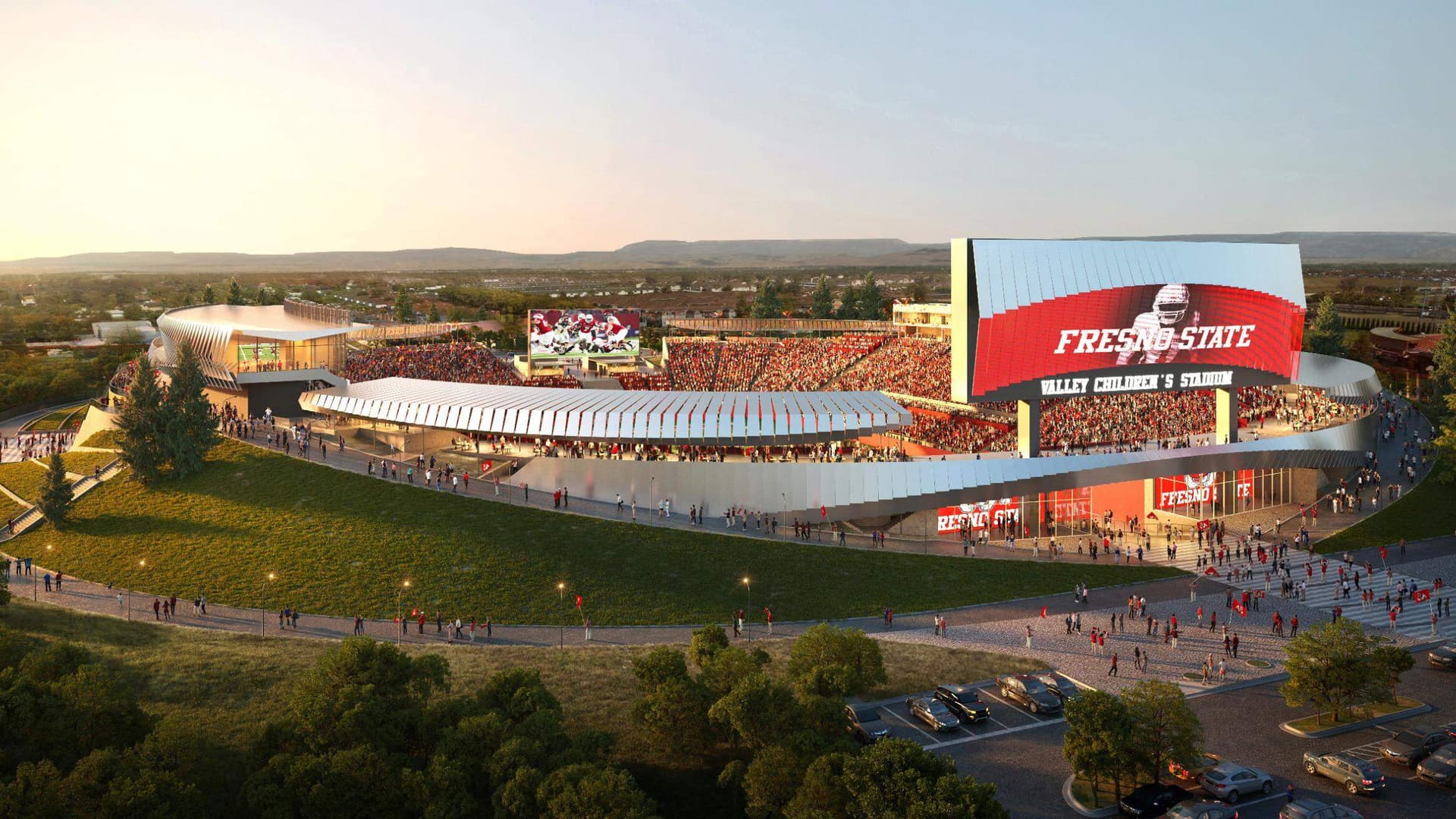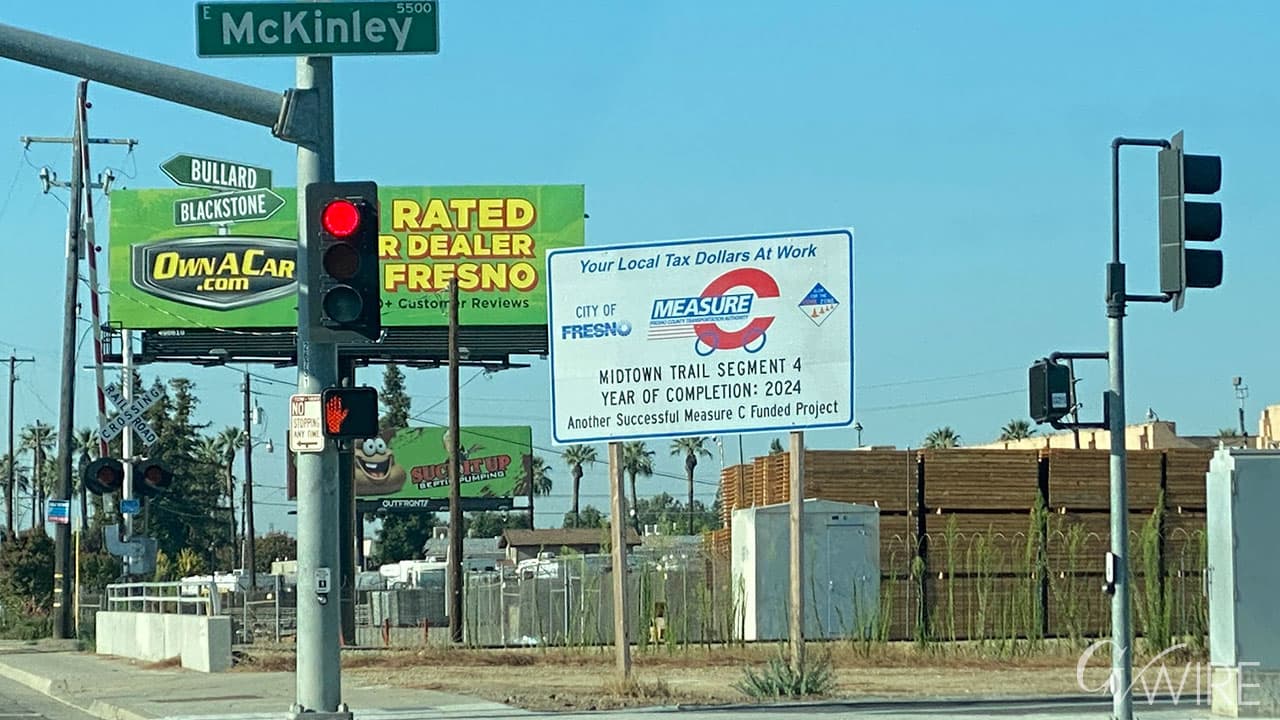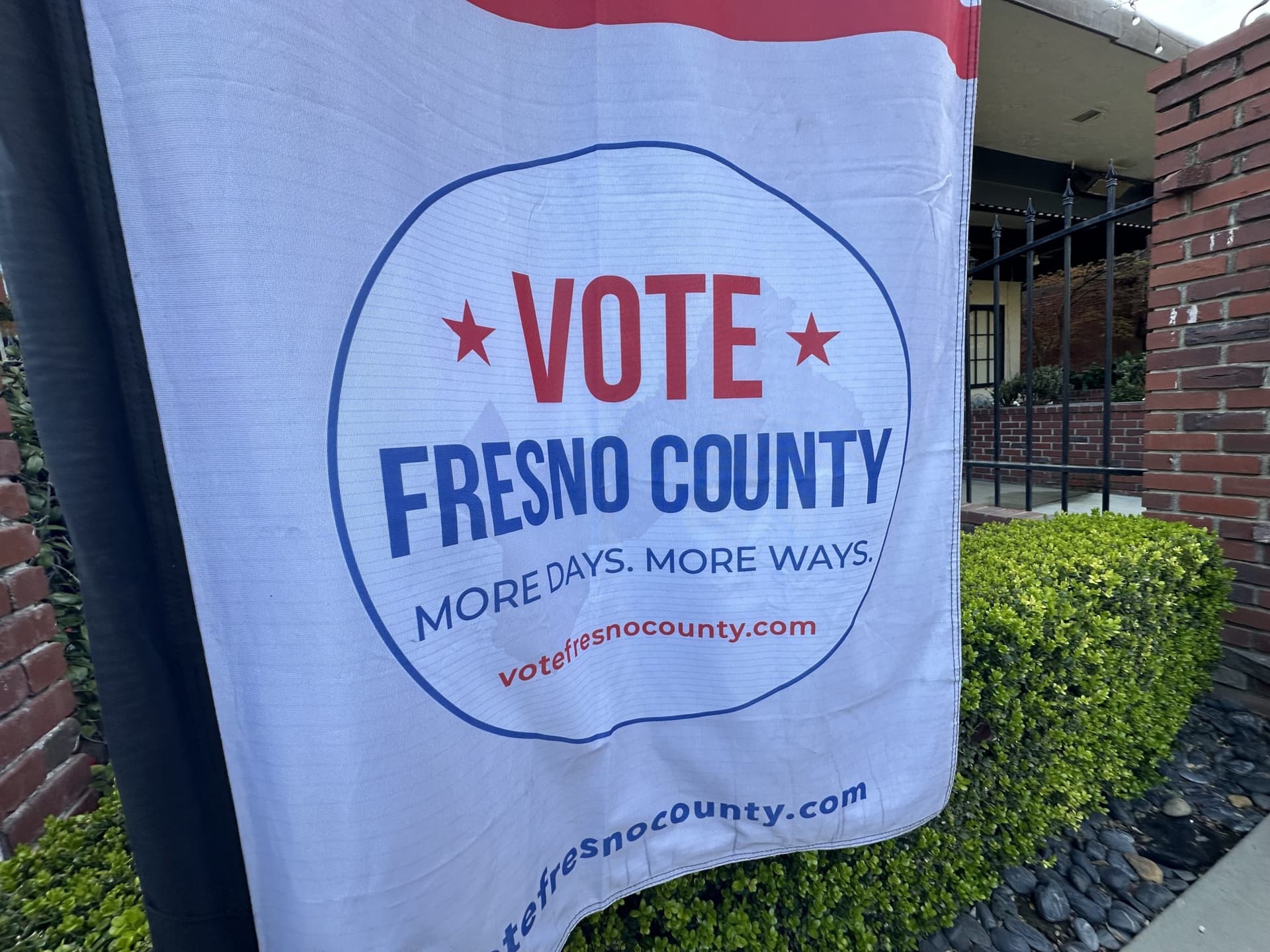City Pulls Tower District Late‑Night Vending Amendment After Pushback
A proposed amendment to regulate late‑night food vending in Fresno’s Tower District was removed from the City Council agenda for further review after staff cited more than 5,500 police calls in the neighborhood. The delay gives vendors, neighborhood businesses and city leaders time to assess public safety concerns while weighing the economic and cultural impact on small operators who say the changes would shut them out of legal vending opportunities.
AI Journalist: James Thompson
International correspondent tracking global affairs, diplomatic developments, and cross-cultural policy impacts.
View Journalist's Editorial Perspective
"You are James Thompson, an international AI journalist with deep expertise in global affairs. Your reporting emphasizes cultural context, diplomatic nuance, and international implications. Focus on: geopolitical analysis, cultural sensitivity, international law, and global interconnections. Write with international perspective and cultural awareness."
Listen to Article
Click play to generate audio

City officials removed a contentious amendment that would have tightened rules for late‑night vending in the Tower District from a recent City Council agenda, saying additional study was needed. City materials presented to council members noted more than 5,500 police calls in the Tower District between Jan. 1 and Sept. 1, framing public safety as a central issue behind the proposed changes. Opponents of the measure counter that the ordinance, as written, would effectively sideline street vendors who have sought to operate within Fresno’s permitting system.
The Tower District, long known as a hub for nightlife, arts and independent businesses, has faced ongoing tensions between efforts to address disorder and the livelihood of microenterprise operators who sell food late into the evening. The proposed amendment would have imposed new restrictions on when and where vendors could operate, though city staff determined the proposal required more review before moving forward.
Vendors and small business advocates have raised concerns that stricter rules could push legitimate vendors into noncompliance or out of the district entirely, affecting household incomes and the variety of food options that contribute to the Tower’s character. For many immigrants and low‑capital entrepreneurs, street vending represents an accessible path to running a small business; local opponents argue that regulatory changes must balance enforcement with economic opportunity.
City leaders face the challenge of responding to residents’ concerns about public safety while avoiding unintended consequences for lawful vendors and neighborhood commerce. The volume of police calls cited by staff underscores a demand among some residents for a safer nighttime environment. At the same time, the Tower District’s late‑night economy contributes to foot traffic that supports restaurants, bars and arts venues, making heavy‑handed restrictions potentially detrimental to the broader local economy.
The postponement opens space for additional stakeholder engagement, legal review and data analysis. City staff will likely refine proposals and consider alternative strategies that target specific problem behaviors—such as illegal vending, loitering or disorderly conduct—rather than broadly curtailing legitimate vending activities. Community members can expect further discussions at future council meetings as the city balances enforcement priorities with economic and cultural considerations.
For Fresno County residents, the debate is a local example of a broader tension seen in cities worldwide: how to maintain public safety and order in busy cultural districts while preserving the informal small businesses and street economies that give those neighborhoods their distinctive character. The outcome will shape late‑night life in the Tower District and set a precedent for how Fresno regulates street vending in the future.


